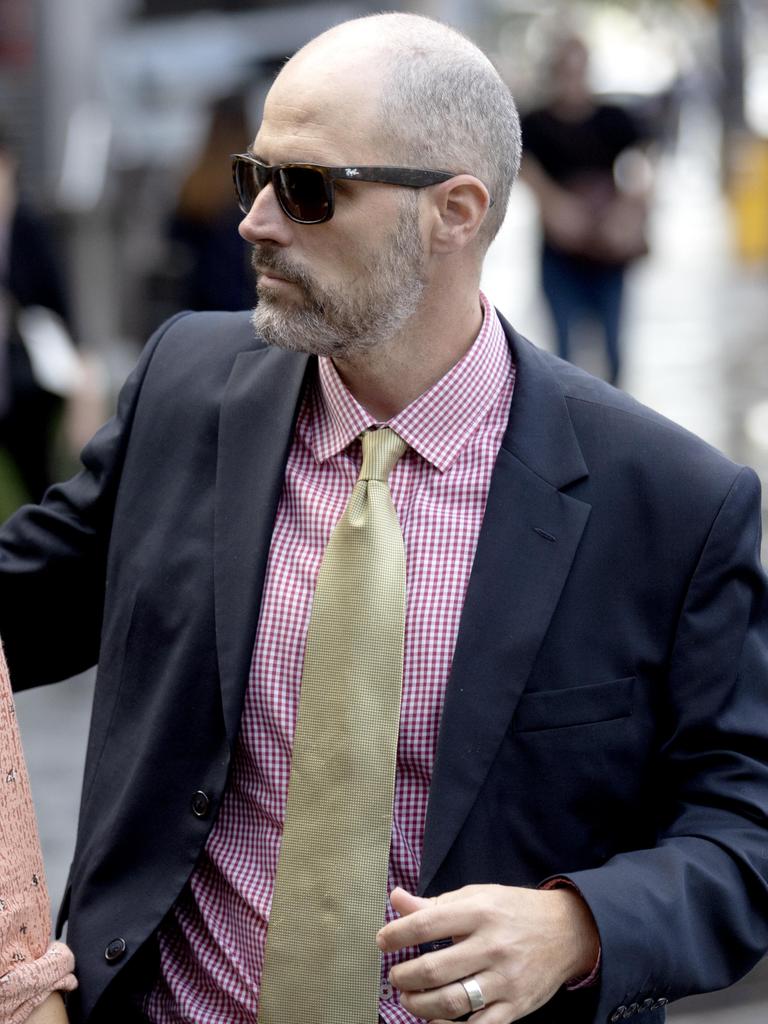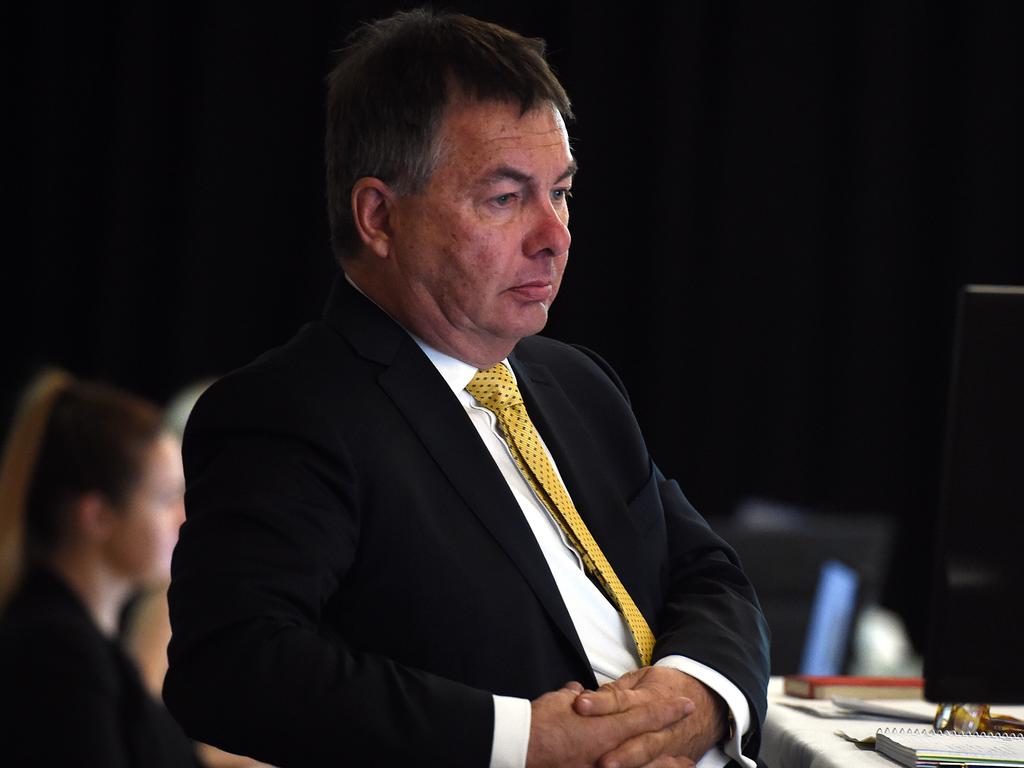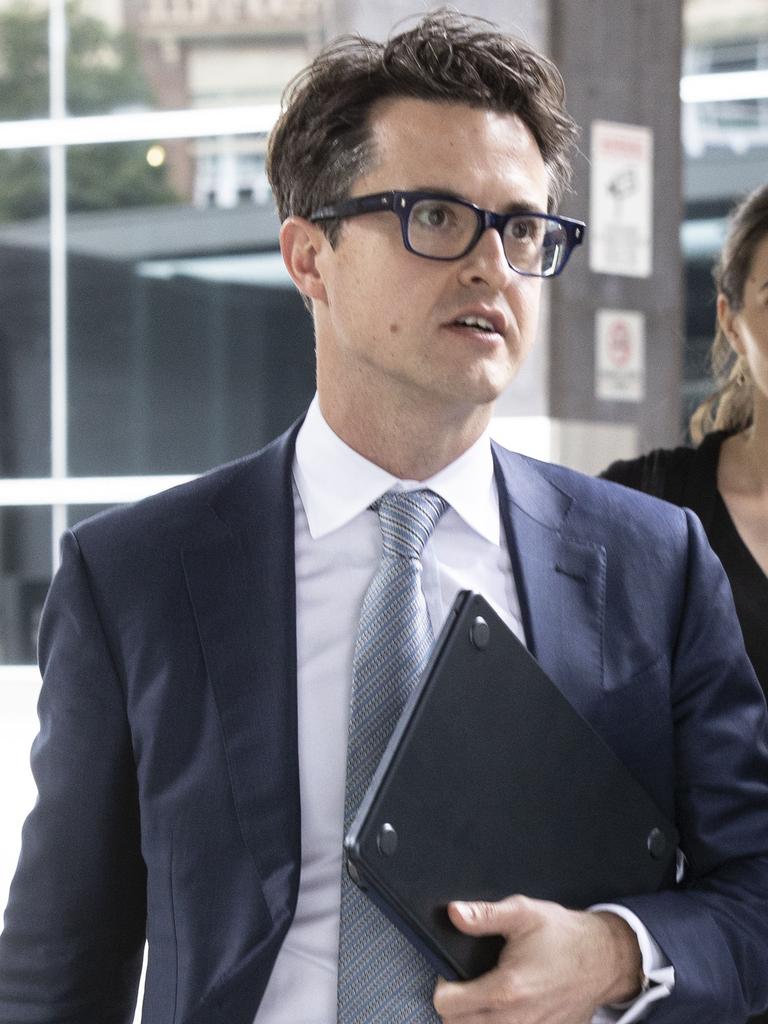Inquiry hears scientist who suggested changes to DNA testing process accused of ignoring critics
The ongoing Commission of Inquiry into DNA Forensic Testing in Queensland has heard a scientist who co-authored a paper suggesting changes to the DNA testing process ignored critics.
A forensic scientist who wrote the paper that made changes to Queensland’s DNA testing process in 2018 has been accused of ignoring fellow experts after they warned his proposal would lead to fewer DNA matches.
The Commission of Inquiry into DNA Forensic Testing in Queensland heard that Justin Howes, a team leader at Queensland Health Forensic and Scientific Services, was co-author of a research paper that – after failing to gain approval from his fellow colleagues – would be altered into a less official ‘Options Paper’ and presented to the Queensland Police Service.
Mr Howes told the inquiry on Tuesday he, co-author Cathie Allen and their co-worker Paula Brisotto released a paper which advertised the ceased use of the automatic-microconcentration testing process on ‘priority two’ (case) samples, which they argued created more potential for DNA matches through the National Criminal Investigation DNA Database (NCIDD).
The paper stated the removal of the auto-micron step would not reduce the number of usable results.

The Inquiry, held at the Brisbane Magistrates Court, heard many of their forensic laboratory colleagues poked holes in the paper’s data collection and methodology.
While some agreed it could lead to more NCIDD matches, most said it would also lead to less crucial DNA reference (or profile) matches needed to solve crimes like sexual assault, the Inquiry heard.
Mr Howes said the trio then agreed to revise their work by removing certain information and all opinion and recommendations, before presenting it to police as an ‘Options Paper,’ so the decision “would be theirs” (police).
“We reset and thought, look, lets just keep it simple, present options, present information, the data we had at the time and not any recommendations,” he said.
Counsel Assisting, Michael Hodge (Kings Counsel), grilled Mr Howes on how “as a scientist” he had arrived at the decision to advise police to heighten the DNA testing threshold.
“That was the data,” Mr Howes said.

Commissioner Walter Sofronoff KC told Mr Howes he had “ignored the critics and proceeded behind their backs.”
“Tens of thousands of documents we’ve received and never seen anything like that before,” Commissioner Sofronoff said.
Mr Howes tentatively said at least three of his colleagues at the Brisbane lab voiced their disagreement with his findings, saying one simply, “found another way to explain the data.”
He also agreed that, “in hindsight”, he should have made available more information on the critiquing evidence found in the data by his colleagues to make the paper more balanced.
“In reflection I should have made that clearer and made it an option in the options paper,” he said.
When asked by the Commissioner why he had ignored fellow experts at the lab, Mr Howes said he was “under a lot of stress at the time.”
“There was a lot of fear, a lot of environmental challenge, and I think that affected my decisions at that point in time.”

Mr Howes said he knew the options paper put forward the idea to cease automatic concentration for ‘priority two’ forensic samples but he did not know how ‘priority one’ (case) samples later became included in the labs’ testing process changes.
The Commission of Inquiry, which started on June 13, continues on Wednesday.
It’s purpose is to examine a decision made in 2018 to not further test samples with low levels of DNA, resulting in thousands of pieces of evidence from crimes like rape and murder being ignored.
According to Queensland Health documents, the Inquiry was established to ensure transparency, identify opportunities for improvement and ensure public confidence in the collection of DNA and the testing and analysis undertaken in Queensland, and in the criminal justice system more broadly.
A final report is anticipated by December 13.


